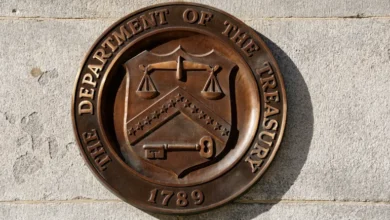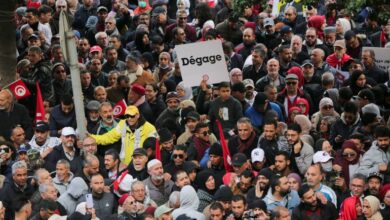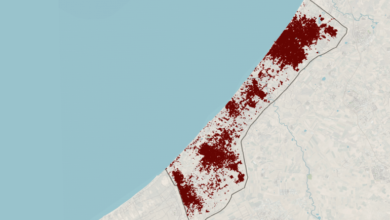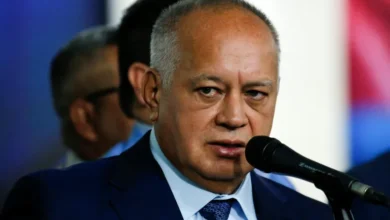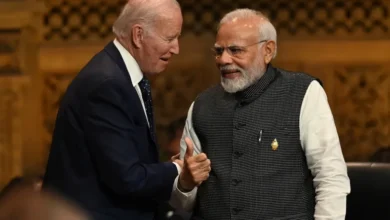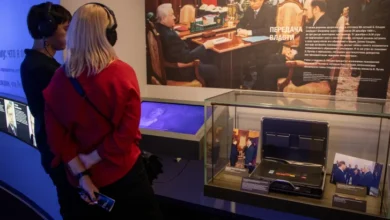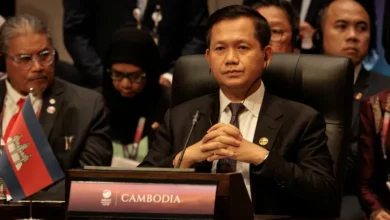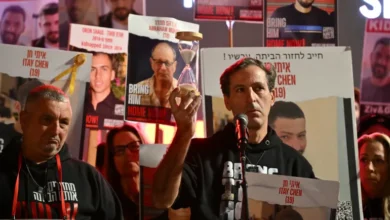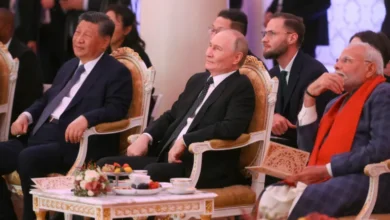Are Sudan’s civil society activists being targeted by both warring sides?
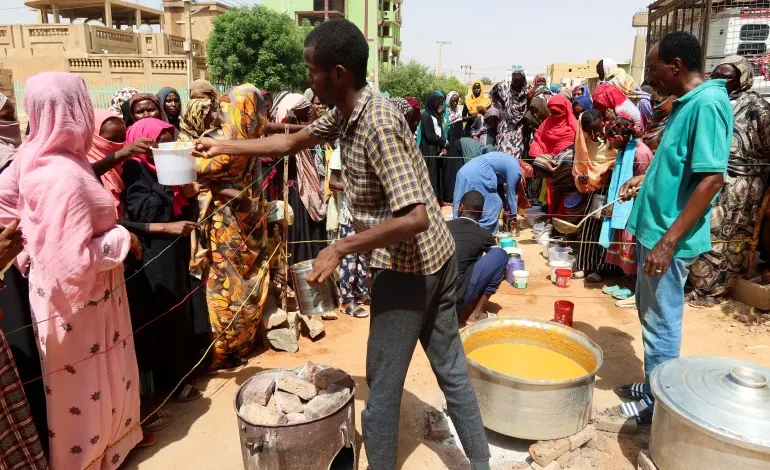
In Sudan’s war, even making food for the poor is dangerous.
On March 23, Sudan’s paramilitary Rapid Support Forces (RSF) arrested activists from the Sharq al-Nile neighbourhood in the war-torn capital, Khartoum, while they were supervising soup kitchens feeding thousands of hungry people every day.
The recent arrests in Khartoum are only part of a broader strategy of the RSF and the Sudanese Armed Forces (SAF) – who are fighting for power in the country – to clamp down on civil society actors by arresting volunteers, limiting access to aid and obstructing the arrival of relief, according to local volunteers and aid groups.
“More arrests could affect the many poor people who depend on the [soup kitchens] to survive,” Musab Mahjoub, a human rights monitor in Sharq al-Nile, told Al Jazeera as a nationwide famine looms.
The reason for the March arrests is unknown.
“We tried to contact the RSF to ask … but they didn’t respond,” Mahjoub said, adding that the RSF had arrested activists running soup kitchens last month too, although they were all released days later.
Local relief groups have called on Western donors to support and protect them from warring parties they believe are profiteering off controlling humanitarian aid.
The response from the belligerents, the activists say, has been to arrest, kidnap, rape, and even kill local relief workers to maintain a tight grip over aid operations.
With soup kitchens now in the crosshairs, these violations are exacerbating the food crisis in Sudan, where more than 18 million people are coping with acute levels of hunger and five million are suffering “catastrophic” hunger.
Settling scores
When Sudan’s civil war erupted on April 15 last year, members of the resistance committees – neighbourhood pro-democracy groups that were instrumental in bringing down then-President Omar al-Bashir – set up “emergency response rooms” (ERRs).
